Germany leads the way in Industry 4.0 in digital transformation and automation
Germany is considered a global pioneer in the Fourth Industrial Revolution thanks to its comprehensive policies on digital transformation and automation. Through the "Industrie 4.0" initiative, the German Government has promoted the digitalization of production processes, connecting value chains and applying core technologies such as artificial intelligence (AI), robots and the Internet of Things (IoT).
This initiative is part of the High-Tech Strategy 2020, aiming to enhance competitiveness and master technology in production.
The strategy focuses on four main pillars: Technological innovation, encouraging development in the fields of AI, IoT, nanotechnology and renewable energy; Connecting research and application, enhancing cooperation between businesses, universities and research institutes to shorten the distance from lab to market; Supporting small and medium enterprises, helping them access new technology, automate production and reduce costs; Expanding international cooperation, sharing knowledge and technology to expand domestic and foreign markets.
Germany has also implemented large-scale programs such as "Platform Industrie 4.0", creating a forum for public-private cooperation to promote innovation. Leading corporations such as Siemens, Bosch, and Volkswagen play a pioneering role in technological transformation, making Germany a global model for smart manufacturing.
Thanks to this policy, German enterprises improve efficiency, reduce waste and create products with high added value. The Siemens smart factory in Amberg is a typical example: 75% of the process is automated, the error rate is almost zero, affirming the effectiveness of the Industry 4.0 model that Germany is leading.
South Korea - Promoting R&D and new technology
South Korea is known as one of the leading countries in technology through its strong and consistent investment in R&D. To achieve this success, the Korean Government has implemented a series of financial support policies to encourage businesses, especially in key areas such as information technology, electronics, and AI. One of the key factors contributing to South Korea's success is the establishment of national research funds and preferential tax policies, which help reduce the financial burden for companies investing in R&D.
In addition to investing in technology development, the Korean government has also focused on improving technology infrastructure and strengthening cooperation between research institutes, universities and the private sector. The combination of government support policies and private sector innovation has helped Korea not only create advanced technology but also increase the value of products through improved production processes. The application of modern technologies such as AI, automation, IoT in production has helped Korean enterprises produce more diverse and high-quality products. High technology has become an important foundation for major Korean industries such as electronics and telecommunications. Companies such as Samsung and LG have taken advantage of technology to develop breakthrough products such as smartphones and OLED TVs, contributing significantly to improving product value and the country's competitive position. In addition, the construction of innovation centers and technology parks in key economic regions such as Gyeonggi has contributed to promoting cooperation between the private sector and research institutions.
Large Korean corporations such as Samsung and LG are typical examples of this strategy. Samsung has become one of the world's leading smartphone manufacturers with its outstanding Galaxy product lines. In addition, LG's OLED TVs and smart home appliances have also laid the foundation for breakthrough products that meet the high-end needs of global consumers. These products not only contribute greatly to the Korean economy but also enhance the country's reputation on the global technology map.
Israel - Applying Big Data and Internet of Things to Increase Product Value
Israel has established itself as one of the world's leading countries in high technology and startups, with areas such as Big Data, IoT playing a core role in its development strategy. The Israeli government has implemented many support policies to encourage businesses and research institutes to apply this advanced technology to key industries, including agriculture, to optimize production processes and increase product value. One of the typical examples of Israel's success in applying IoT and Big Data is high-tech agriculture. Companies such as CropX have developed smart soil sensors and irrigation water management systems, based on big data platforms, allowing detailed monitoring and analysis of soil and water conditions. These sensors connect directly to mobile devices, helping farmers monitor and adjust irrigation processes effectively. Thanks to this, the amount of water used for agriculture has been reduced by up to 40%, while crop productivity and quality are maintained and improved.
In addition, the FarmManager system, an IoT and GPS-based agricultural monitoring solution, has brought many benefits to Israeli farmers. This system allows the management of all agricultural activities, from monitoring the work of machines to monitoring the production process. By optimizing these activities, FarmManager helps reduce production costs, increase profits and ensure product quality.
A combination of supportive government policies and technological innovation has made Israel a leading country in high-tech agricultural exports. Products such as grapes, tomatoes and greenhouse crops are monitored by modern IoT systems, not only increasing productivity but also improving quality, thereby adding value to exports. Notably, Israel has been successful in providing this technology to other countries such as the US, Europe, and recently Australia.
The Israeli government has invested heavily in R&D, especially in the field of high-tech agriculture. They have provided subsidies, tax incentives, and established support funds for small and medium-sized enterprises to participate in technology research and development. This has created conditions for many startups to develop breakthrough solutions in the fields of IoT and big data, contributing to improving production efficiency and competitiveness of Israeli products in the international market.
Through close collaboration between research institutes, businesses and government, Israel has built a strong technology ecosystem, thereby driving economic growth and innovation in many sectors, including agriculture.

The Israeli government has invested heavily in high-tech agriculture.
Lessons for Vietnam
In the context of the Industrial Revolution 4.0 taking place strongly with the explosion of AI, IoT, Big Data and automation, technological innovation has become a vital factor for the sustainable development of enterprises and countries. These technologies not only change production methods but also reshape the entire value chain, from research and development (R&D) to supply chain management and after-sales service.
Technological innovation today is no longer an option, but a prerequisite for businesses to survive and thrive in a globally competitive environment. Businesses need to apply advanced technology to improve performance, optimize costs and create new values, thereby affirming a distinct advantage in the market.

From international experience and Vietnamese practice, some key orientations can be drawn:
Firstly, building a favorable legal and policy environment to encourage innovation, helping businesses quickly apply new technology in production and business.
Second, investing in developing information and communication technology infrastructure, especially IoT networks and automation systems in key industries, contributes to improving productivity and reducing costs.
Third, establish a fund to support R&D for businesses, especially small and medium enterprises, and promote links between businesses - research institutes - universities to transfer and commercialize technology more effectively.
Fourth, focus on training high-tech human resources, especially in fields such as AI, data analysis, smart manufacturing, linking training with practical needs of businesses.
Only when policies, infrastructure, finance and human resources operate synchronously can technological innovation truly become a driving force for growth, helping Vietnam elevate its position in the global digital economy.
Source: https://mst.gov.vn/hoan-thien-chinh-sach-cong-nghe-cao-bai-hoc-tu-kinh-nghiem-quoc-te-197251012135606104.htm




![[Photo] Discover unique experiences at the first World Cultural Festival](https://vphoto.vietnam.vn/thumb/1200x675/vietnam/resource/IMAGE/2025/10/11/1760198064937_le-hoi-van-hoa-4199-3623-jpg.webp)



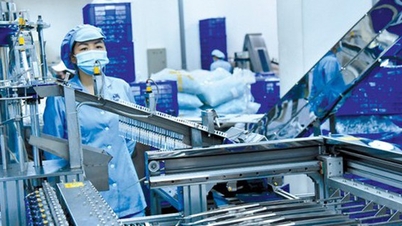
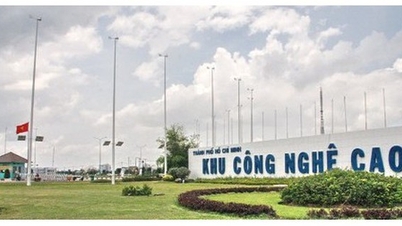
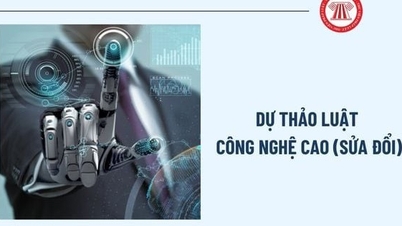
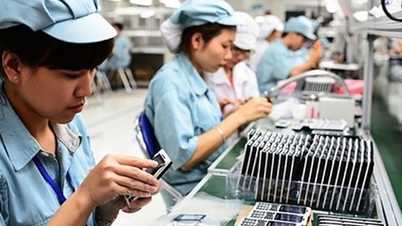







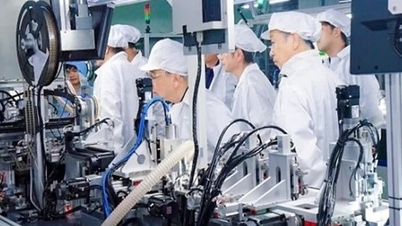
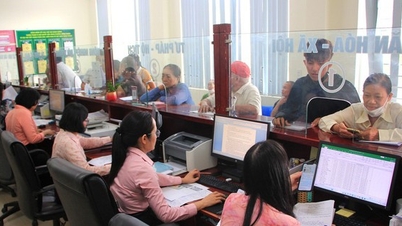
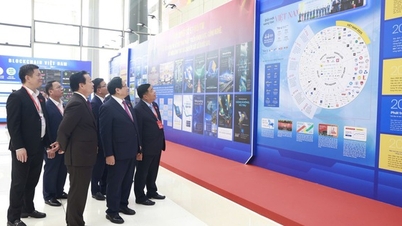
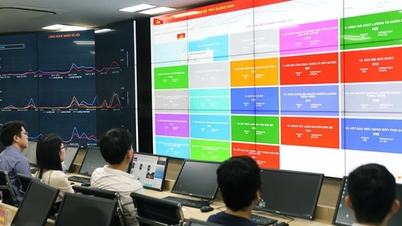
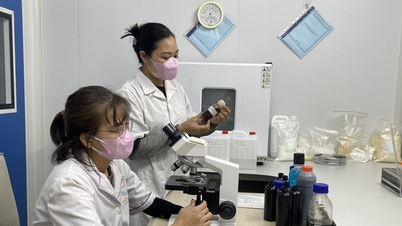
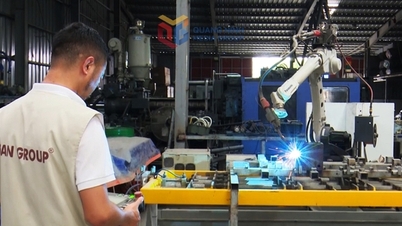
![[Photo] General Secretary attends the parade to celebrate the 80th anniversary of the founding of the Korean Workers' Party](https://vphoto.vietnam.vn/thumb/1200x675/vietnam/resource/IMAGE/2025/10/11/1760150039564_vna-potal-tong-bi-thu-du-le-duyet-binh-ky-niem-80-nam-thanh-lap-dang-lao-dong-trieu-tien-8331994-jpg.webp)

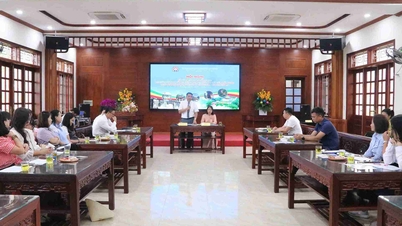





















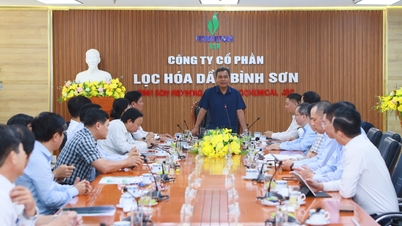







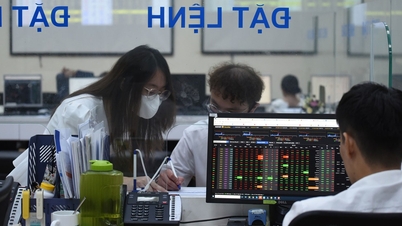
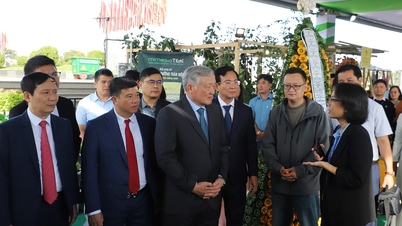


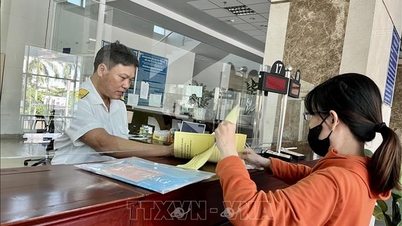
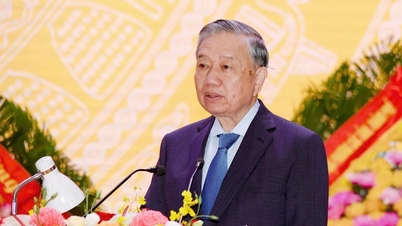

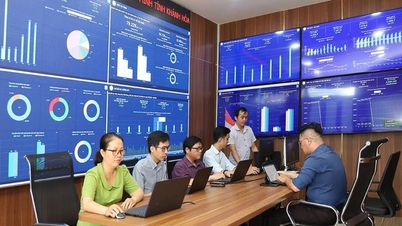
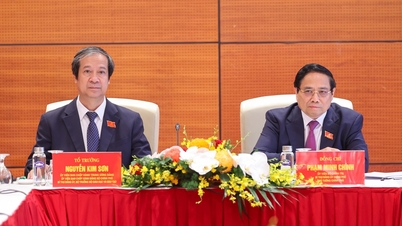





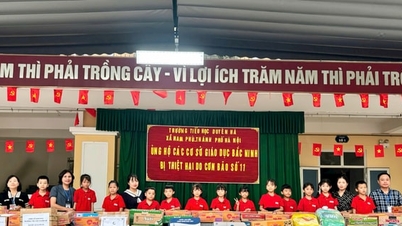





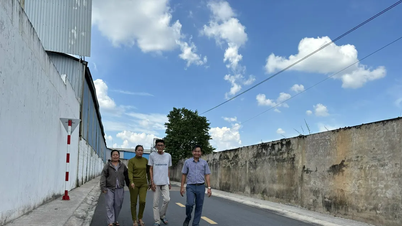














Comment (0)